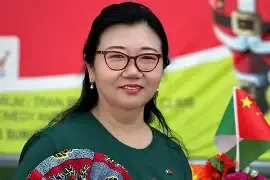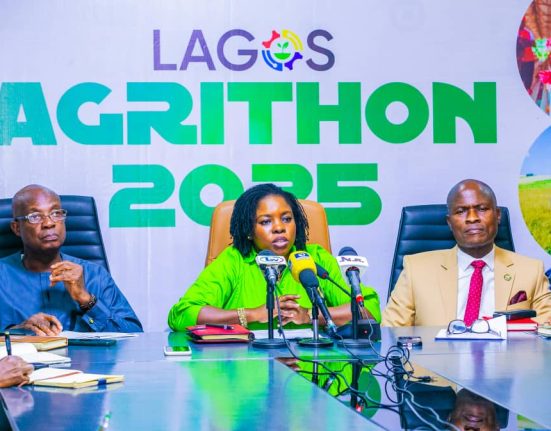Women farmers in Gombe State are raising the alarm over crippling post-harvest losses that continue to erode their hard-earned gains and threaten the state’s food security. Through the Small-scale Women Farmers Organisation of Nigeria (SWOFON), these women have passionately appealed to the Gombe State Government to urgently invest in modern processing and storage facilities, as well as address persistent challenges such as farmers-herders clashes and the devastating effects of climate change.
Airudia Mamman, the state chairperson of SWOFON, did not mince words during the 2023 World Food Day event, stressing that without massive investment in processing, storage, training, and market access, the cycle of loss and poverty will persist. She highlighted that many women farmers are forced to watch nearly half of their produce spoil due to lack of proper storage and processing options, a situation that not only drains their income but also undermines the state’s food and nutrition security.
The statistics are staggering—Nigeria loses an estimated N3.5 trillion annually to post-harvest losses, with about 50% of agricultural production wasted nationwide. In Gombe, women farmers say their access to processing facilities stands at a mere 26%, storage at 18%, and market access at just 21%. These figures reflect a dire reality: despite increased budgetary allocations, the actual release and utilization of funds for women farmers remain painfully slow, making it difficult for them to implement crucial work plans.
Climate change is compounding the crisis, with erratic weather patterns, floods, and global warming slashing yields and making it even harder for farmers to preserve what little they harvest. SWOFON and allied groups have called for the adoption of climate-resilient and agroecological practices, which would not only boost productivity but also cushion the impact of harsh environmental conditions.
The Gombe State Government, for its part, has increased the budgetary allocation for smallholder women farmers from N40 million in 2022 to N70 million in 2023, a move described as deliberate and strategic by the Commissioner for Agriculture and Animal Husbandry, Dr. Barnabas Malle. However, women farmers insist that more needs to be done, especially in the timely release of these funds and the operationalization of existing policies.
The call is loud and clear: unless urgent steps are taken to invest in processing, storage, and market infrastructure, as well as climate-smart agriculture, post-harvest losses will continue to cripple the livelihoods of women farmers and undermine the state’s quest for food security. As Nigeria as a whole grapples with this N3.5 trillion annual drain, Gombe’s women farmers are demanding action—not just promises—so their sweat and toil will not go to waste






